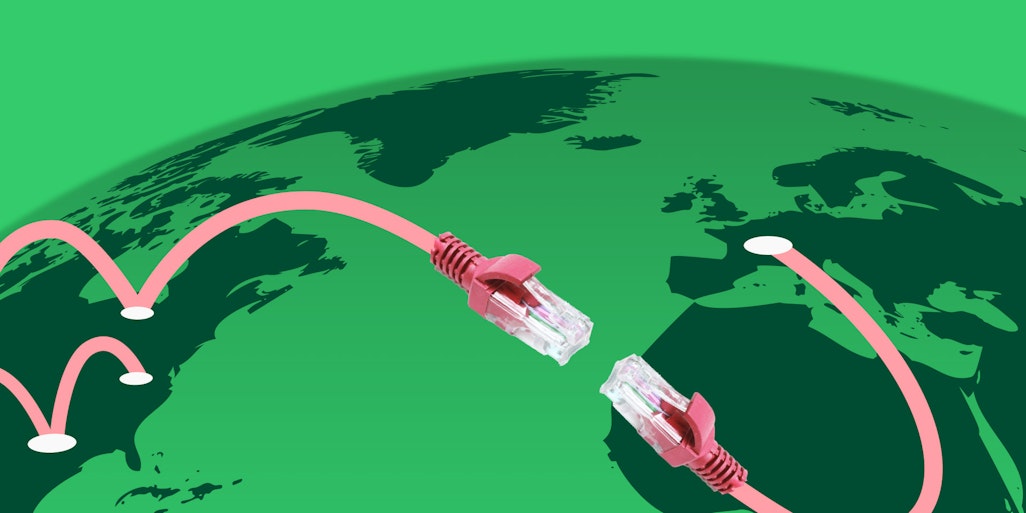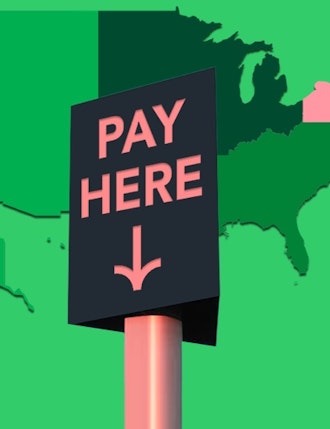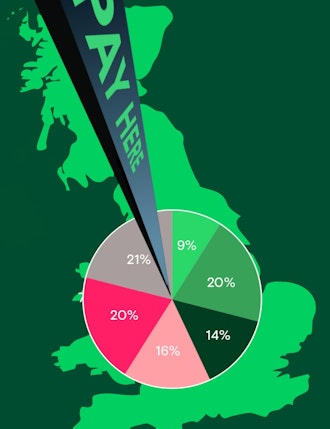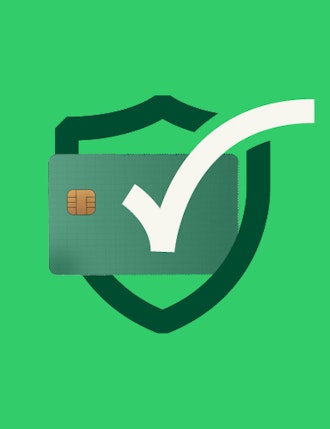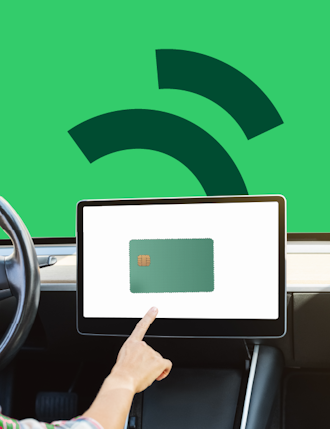Key Insights
-
Ensuring you understand your customers and how they pay in their market is key to globalization success.
-
Payment infrastructure must keep pace with changes in regulation across different jurisdictions to ensure compliance.
-
Payments and data must flow efficiently to maintain customer satisfaction and provide a clear view of business performance.
- A flexible platform is a must to ensure that all systems can be integrated and function with ease.
Don't have time to read more now? Sign up to our newsletter to get the latest insights directly in your inbox.
When businesses expand globally, they encounter a new range of complex challenges, but with the right strategies and tools, these challenges can be overcome to make their expansion a success. One of the most important aspects of this is ensuring they have the right payments technology in place to support their growth and streamline operations.
Why? Well there are several reasons:
First, there is the challenge of ensuring that they can accept the payment methods commonly used by people in their new market. For example, a UK based business may not be too concerned if their stores can’t accept WeChat payments, after all only 750,000 people in the UK use WeChat for payments, out of a population of 68.5 million. In China however WeChat is used to make payments by 850 million people, roughly 60% of the country’s population. Not being able to accept WeChat payments in China could easily be fatal to a business’ expansion plans.
Second, money needs to flow quickly and efficiently across borders. For example, from the businesses bank account in the new location to the business' main account in their home country. This is just one example, in globalized economies where complex supply chains are the norm, it’s likely that one business will see payments flowing back and forth all the time between customers and suppliers. Having a clear picture of finances is vital for businesses to be a success so quick money flows and accurate data are a must.
Third, because different countries have different rules and regulations, and the payment technology that a store or restaurant uses has to comply with these. Many jurisdictions, particularly in Europe, significantly regulate finance technologies and products to ensure fair outcomes and protections for consumers and to make certain that highly sensitive data is well protected.
All of these considerations and more mean that the right payment platform that can integrate efficiently with other systems a business has in place is vital.
How technology can make cross-border payments easier
There are few key pieces of payment technology that facilitate cross border payments:
- Payment gateways - These allow merchants to accept, process, and manage payments from their customers. Choosing a gateway that allows any payment method to be used, such as Aevi’s, is obviously a huge benefit when globalizing payment infrastructure. Going back to our WeChat example above, a store who used a flexible gateway would have no issue accepting these types of payments.
- Blockchain - Designed to keep track of cryptocurrency transactions, blockchain is useful in payments globalization because it gives a secure and highly transparent record of financial transactions that can’t be tampered with.
- Stablecoins - Whilst cryptocurrencies have many advantages as a form of currency, they can see rapid fluctuations in value. Stablecoins are designed to overcome this weakness since they have their value pegged to commodities or other currencies. Stablecoins have the advantages of cryptocurrencies for globalized payments but with the added advantage that businesses and individuals can be confident that these currencies will continue to hold their value.
The challenge is making all of this technology work together. The key to making this happen lies in application programming interfaces, commonly referred to as APIs. These interfaces set down rules that allow software programs to communicate and share data with each other. Whilst APIs are the enabling technology behind an efficient and free flowing payment system, businesses need a platform that allows for a wide range of API integrations, along with a team of experts who can ensure that these APIs communicate with each other correctly.
At Aevi, our cloud-based platform provides this flexibility and has the ability to integrate with any payment system, payment gateway, or any other API enabled program that our clients want, such as customer loyalty programs or recommendation engines. We also have a team of expert developers on hand to support our clients in achieving their goals. This is how Aevi is able to make the vision of an efficient, fast, secure and effective globalized payment infrastructure a reality.
Tips for globalizing your payments
If you’re a merchant looking to take your next step and expand your business into new territories, or a global retailer looking to unify your payment infrastructure, there are several things that will help you along the way. These are:
- Payment Service Providers (PSPs) - These are businesses that help you accept electronic payments from customers. They’re important when globalizing your payments, as one of the key challenges is accepting payments in new formats you may not have encountered previously. A good PSP will also be able to make sure you’re compliant in your new territory.
- Partnerships - Working constructively with businesses that are already present in a jurisdiction is key to success. Partnerships could take many forms from working with providers of popular payment systems to integrating fulfillment tracking from logistics operators in the territory to give customers confidence that their order is on the way.
- Multi-currency accounts - These are bank accounts (sometimes also known as foreign currency accounts) that allow businesses to receive, hold, transfer and spend multiple-currencies from one bank account. They’re useful for globalized businesses for obvious reasons, allowing them to bank like a local business and enjoy the efficiency and cost effectiveness that this brings.
In-person payment orchestration
Having the right in-person payment orchestration (IPPO) solution to manage payment flows is vital to globalized payment infrastructure. Having this in place ensures consistency across channels, meaning that customers will have the same experience wherever and whenever people engage with the brand.
The right IPPO will also give the merchant a lot of insight into business performance and into how different groups of customers are engaging with them.
As Aevi’s Director of Marketing and Communications, Sarah Koch points out:
“Orchestration services are designed to help businesses navigate the complexities of the digital global world. They facilitate integration and management of different payment technologies, schemes, methods, payment systems, and channels to create an open, centralized payment ecosystem.”
Again, having in-person payment orchestration that works internationally will be reliant on having a highly flexible platform plugging in all of the relevant systems that a business needs across its markets. This can include additional elements that will help a business globalize including automatic currency conversion, loyalty incentivization, and fraud detection and protection.
The great news for businesses is that once this platform is in place, it’s then much easier to scale into new markets, rapidly speeding up the critical payment systems deployment of globalization.
As the payments landscape continues to develop in the coming years, having a flexible platform in place will allow you to keep pace, even as regulations change, customers expect faster transactions as real time payments spread in popularity, and AI and blockchain becomes a greater part of the day-to-day payments experience.
Interested in reading more around this subject? Here are some useful articles…
